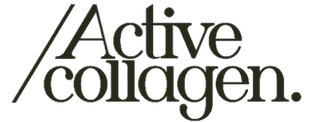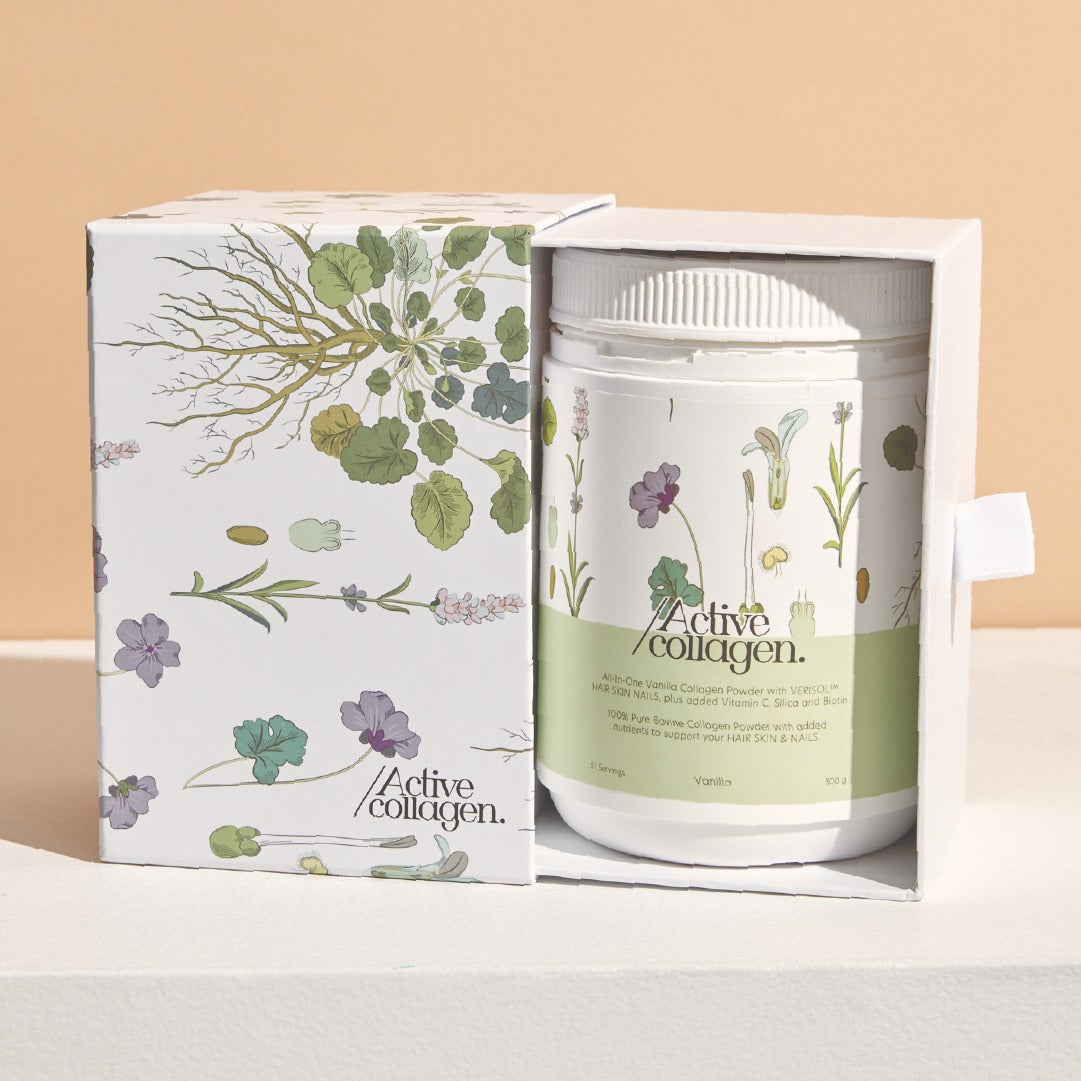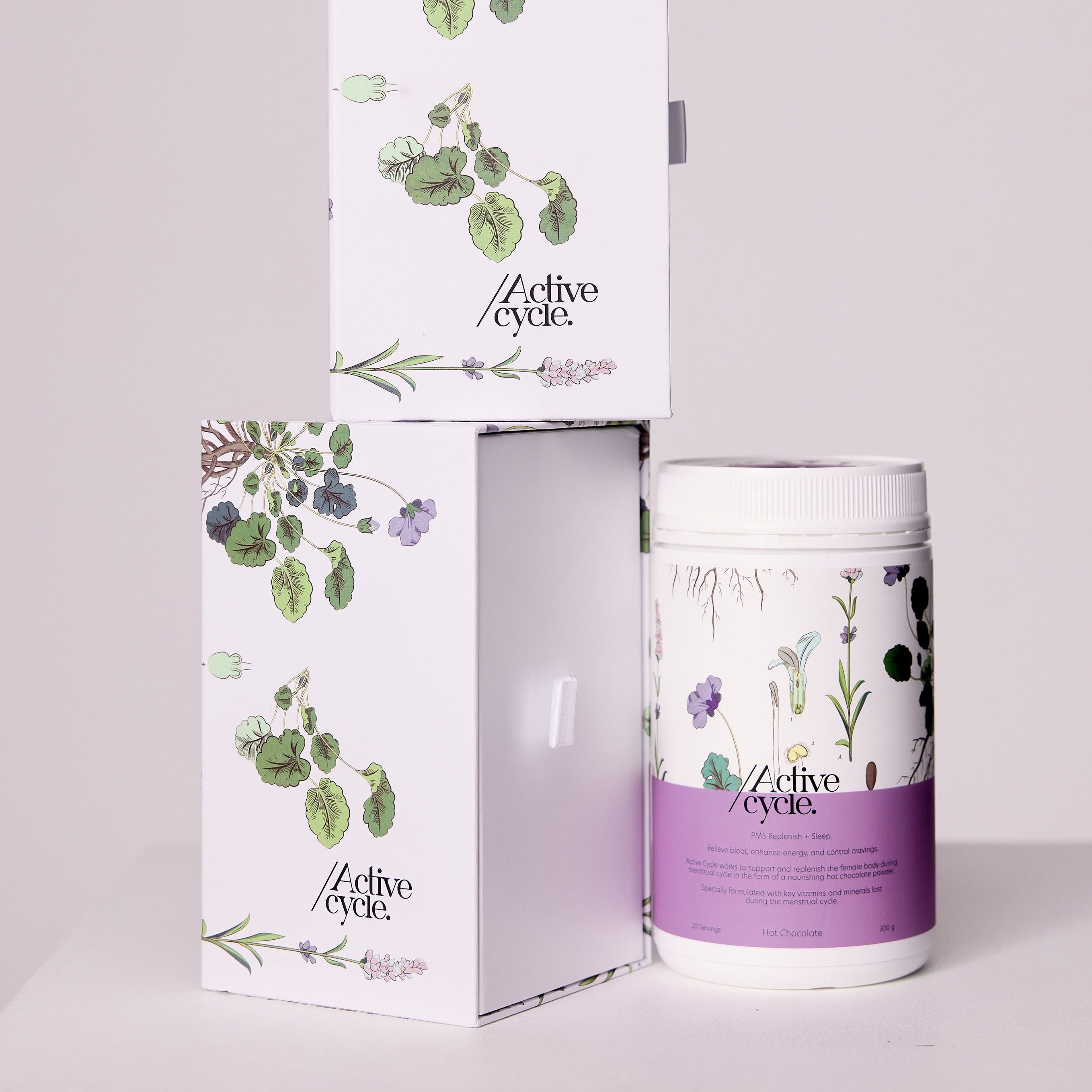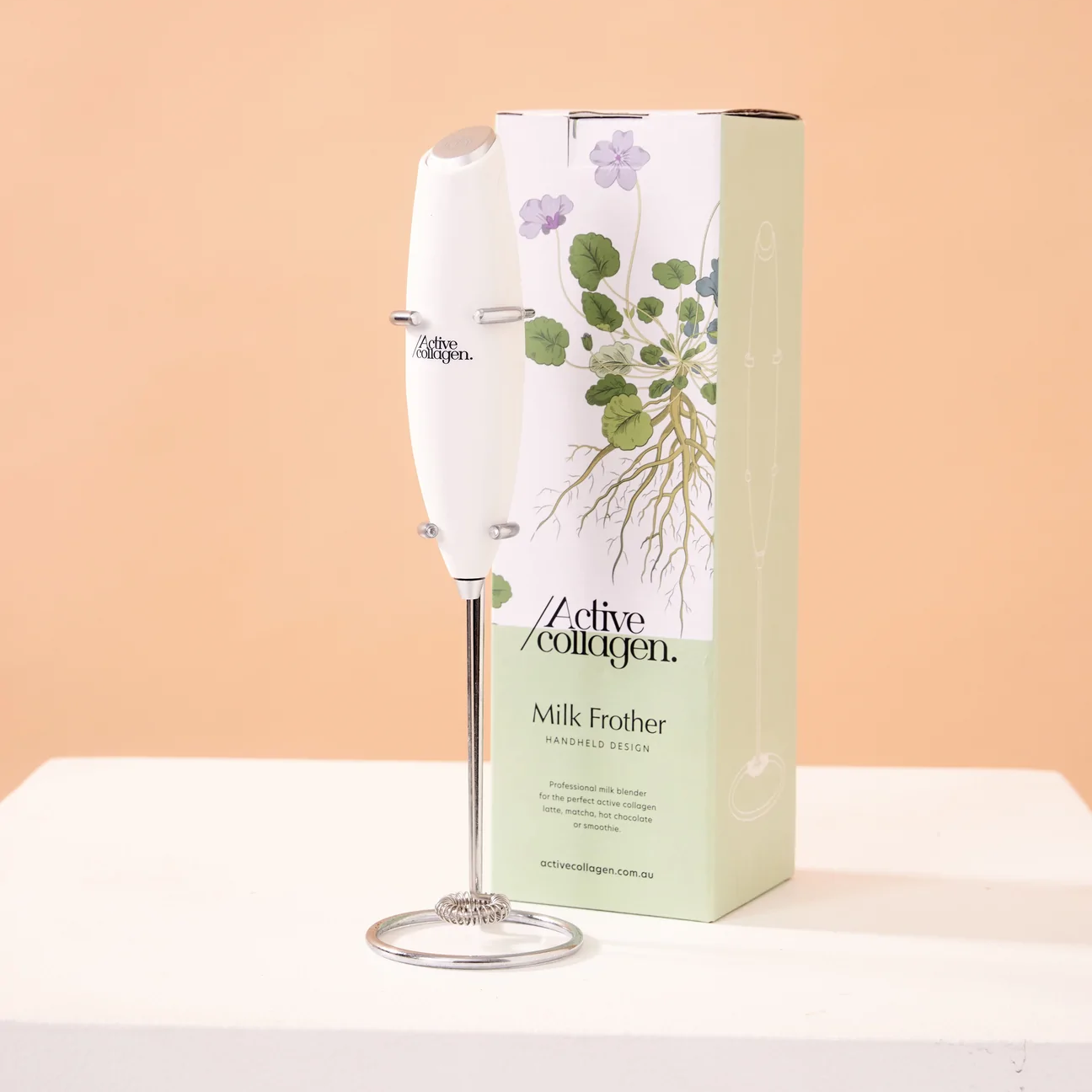Unlike other cells in our bodies, an ongoing supply of collagen is not guaranteed. As we age, our body’s ability to produce collagen decreases, which is most notable in the skin – hello wrinkles, lines and increased stretchiness!
In young healthy skin collagen makes up over 75% of its structural integrity. Naturally, this percentage declines by around 1% per year. Fear not though! Studies have shown that the loss of collagen due to aging can be reversed through various factors. That’s why there is no better time than now to start supporting your body’s collagen levels.
Although collagen is the most abundant protein in the body, it seems strange that out of all the proteins collagen gets the short end of the stick. Unfortunately, collagen degradation is inevitable but lucky for you we’ve got some science backed ways you can apply to start preserving and boosting your collagen levels now.
Nutrients for Boosting Collagen Production
One of the best ways for supporting your collagen production is from the inside out - through food. These particular foods are functional meaning they provide advantages in health aside from their nutritional importance. An international study revealed that around 70% of adults consume multivitamins or food supplements daily. However, it is possible to get these through food sources with a little bit of extra knowledge.
Vitamin C (ascorbic acid) – This little powerhouse is essential for the production of collagen. Vitamin C levels are lower in aging and UV-damaged skin; therefore, this can have an impact on collagen synthesis. An indicator of low vitamin C levels in the skin can be seen as poor wound healing which is funnily enough associated with collagen formation. For promoting this formation, vitamin C acts as a cofactor for the two proteins, proline and lysine, that stabilise collagen’s structure.
Foods rich in vitamin C: citrus fruits, kiwi fruit, berries, tomatoes, broccoli, capsicum, cruciferous vegetables – like brussels sprouts and cabbage -, and potatoes.
Protein – Seeing as though collagen is a protein itself, optimizing your protein intakes will have a significant effect on collagen preservation. Collagen is made up of many amino acids that are consumed through our diet from protein sources, and some can be synthesised in the body. Although in cases of protein malnourishment, collagen production will slow so hitting daily protein levels is essential for maintaining collagen.
Foods rich in protein: red meats, poultry, fish, dairy products, nuts, legumes, specific grains like quinoa and buckwheat, and soy products.
Foods Naturally Rich in Collagen
Collagen is probably not something everyone prioritises in their diet; however, it can be found naturally in numerous foods. It is found in predominantly animal based sources – sorry to our plant-based readers – like eggs, fish, red meats, nourishing bone broths and gelatine products. Although unlike collagen in supplement form, food sources are not hydrolysed.
Hydrolysed collagen is made from natural collagen, such as bovine or marine sources, through an extraction technique that causes the collagen to be denatured – breaks down collagen into its smaller proteins. Hydrolysed collagen has greater bioavailability than whole food sources – it is easily digested, absorbed and utilized by the body – and can be found in our Active Collagen All-In-One Hair Skin & Nails.
Sun exposure
Not only can ongoing sun exposure cause spots, freckles and risk for skin cancer, but it can also impact our collagen.
The ageing of skin in regard to UV exposure is known as photo-aging. UV radiation is a leading factor in skin aging where a decrease in collagen expression is seen due to increased collagen degradation. This reduction of collagen in areas highly exposed to sun contributes to wrinkles and sagging skin caused by a loss of structure between various skin layers.
Prevention of photo-aging means staying out of direct sun for long periods, using high quality sunscreens and covering up to reduce the skins exposure to UV radiation.
Reduce Inflammation
Everyone has some level of inflammation, although there are types of inflammation that aren’t as helpful as others. This unhelpful inflammation in the body can be influenced by a number of environmental and dietary factors that have a considerable effect on long-term collagen production.
Factors such as the overconsumption of refined sugars, processed foods and alcohol, along with sun exposure and smoking have the ability to produce reactive oxygen species (ROS) or free radicals. ROS are cells that cause biological damage and are pro-inflammatory. Chronic inflammation from these factors and cells decrease the amount and function of the cells needed for collagen synthesis. Research on the synthesis rates of both type I and type III collagen in smokers suggests that smoking decreases synthesis rates by around 20%.
Here's where the good guys come in. Consuming antioxidant rich foods and nutrients have the ability to scavenge ROS’s – stop production, reduce levels and neutralize ROS’s. Antioxidants such as polyphenols can be found in the skin of red grapes, nuts and fruits as resveratrol, and in green tea as epigallocatechin gallate. Not only are they scavengers but they also promote anti-inflammatory effects.
So, if you’re wanting to prioritise your body’s collagen levels now might be the best time to stop smoking and up your green tea intake.
Start Now
Although there is a lot of emphasis on prioritising collagen during later stages of life, why not start now? Due to the steady increase of age-dependent collagen loss in the skin, maintaining optimal collagen production at any life stage is going to support you in the long run. And (who knows) we’re pretty confident that you’ll feel better for it.
Bolke, L., Schlippe, G., Gerß, J., & Voss, W. (2019). A Collagen Supplement Improves Skin Hydration, Elasticity, Roughness, and Density: Results of a Randomized, Placebo-Controlled, Blind Study. Nutrients, 11(10), 2494. https://doi.org/10.3390/nu11102494
Al-Atif H. (2022). Collagen Supplements for Aging and Wrinkles: A Paradigm Shift in the Fields of Dermatology and Cosmetics. Dermatology practical & conceptual, 12(1), e2022018. https://doi.org/10.5826/dpc.1201a18
Cho S. (2014). The Role of Functional Foods in Cutaneous Anti-aging. Journal of lifestyle medicine, 4(1), 8–16. https://doi.org/10.15280/jlm.2014.4.1.8
Pullar, J. M., Carr, A. C., & Vissers, M. C. M. (2017). The Roles of Vitamin C in Skin Health. Nutrients, 9(8), 866. https://doi.org/10.3390/nu9080866
Murakami, H., Shimbo, K., Takino, Y., & Kobayashi, H. (2013). Combination of BCAAs and glutamine enhances dermal collagen protein synthesis in protein-malnourished rats. Amino acids, 44(3), 969–976. https://doi.org/10.1007/s00726-012-1426-4
León-López, A., Morales-Peñaloza, A., Martínez-Juárez, V. M., Vargas-Torres, A., Zeugolis, D. I., & Aguirre-Álvarez, G. (2019). Hydrolyzed Collagen-Sources and Applications. Molecules (Basel, Switzerland), 24(22), 4031. https://doi.org/10.3390/molecules24224031
Ganceviciene, R., Liakou, A. I., Theodoridis, A., Makrantonaki, E., & Zouboulis, C. C. (2012). Skin anti-aging strategies. Dermato-endocrinology, 4(3), 308–319. https://doi.org/10.4161/derm.22804
Zhang, S., & Duan, E. (2018). Fighting against Skin Aging: The Way from Bench to Bedside. Cell transplantation, 27(5), 729–738. https://doi.org/10.1177/0963689717725755
Zhuang, Y., & Lyga, J. (2014). Inflammaging in skin and other tissues - the roles of complement system and macrophage. Inflammation & allergy drug targets, 13(3), 153–161. https://doi.org/10.2174/1871528113666140522112003
Knuutinen, A., Kokkonen, N., Risteli, J., Vähäkangas, K., Kallioinen, M., Salo, T., Sorsa, T., & Oikarinen, A. (2002). Smoking affects collagen synthesis and extracellular matrix turnover in human skin. The British journal of dermatology, 146(4), 588–594. https://doi.org/10.1046/j.1365-2133.2002.04694.x




